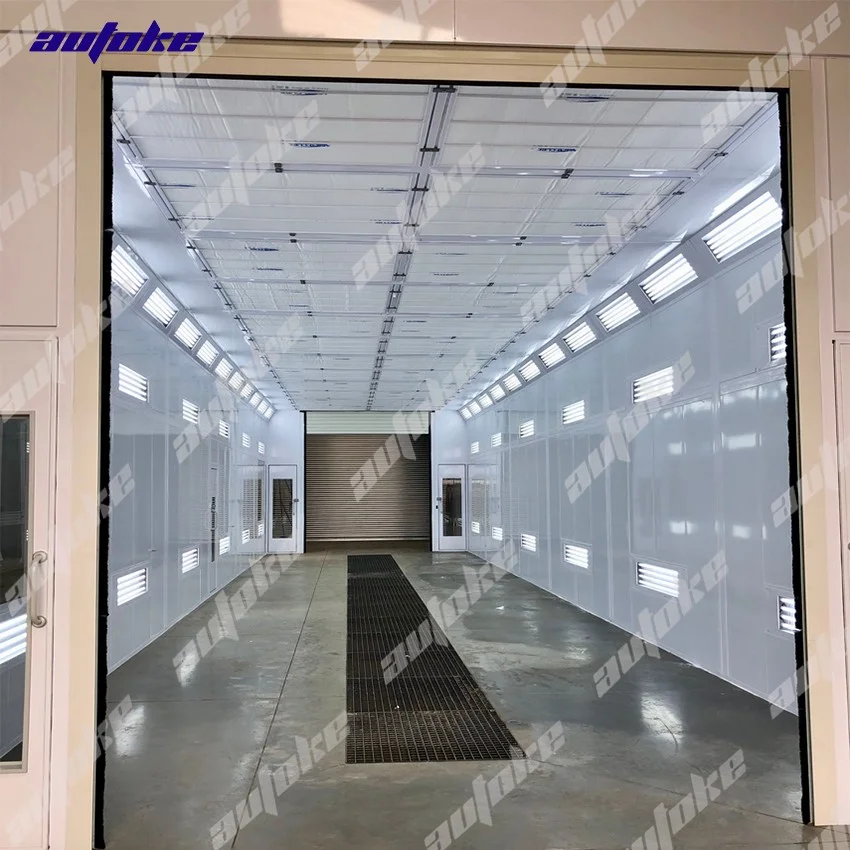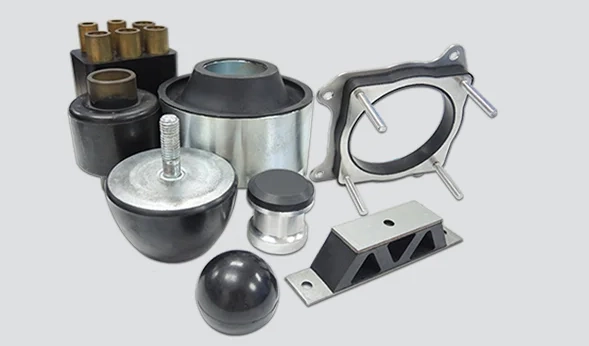Determining the compressor capacity is a crucial aspect of various industries, including manufacturing, HVAC, and refrigeration. It ensures optimal performance, energy efficiency, and cost-effectiveness. In this comprehensive guide, we will delve into the intricacies of compressor capacity and explore the methods to accurately determine it.
- Understanding Compressor Capacity:
Compressor capacity refers to the volume of gas or air that a compressor can deliver within a specific time frame. It is typically measured in cubic feet per minute (CFM) or liters per minute (LPM). Accurately determining the compressor capacity is essential for selecting the right compressor size and ensuring efficient operation. - Factors Influencing Compressor Capacity:
Several factors affect the compressor capacity, and understanding them is vital for accurate calculations. These factors include:
a. Inlet Conditions: The temperature, pressure, and humidity of the air or gas entering the compressor significantly impact its capacity.
b. Discharge Pressure: The desired discharge pressure affects the compressor's ability to deliver the required volume.
c. Compression Ratio: The ratio of the discharge pressure to the suction pressure affects the compressor's efficiency and capacity.
d. Efficiency: The efficiency of the compressor, including mechanical and volumetric efficiency, plays a crucial role in determining its capacity. - Methods to Determine Compressor Capacity:
a. Manufacturer's Data: The most straightforward method is to refer to the manufacturer's data, which provides the compressor's capacity ratings for various operating conditions. However, it is essential to consider real-world factors that may differ from ideal conditions.
b. Empirical Formulas: Various empirical formulas, such as the Boyle's Law and the Ideal Gas Law, can estimate the compressor capacity based on inlet conditions, discharge pressure, and compression ratio. These formulas provide a good starting point but may not account for all real-world variables.
c. Performance Testing: Conducting performance tests on the compressor under different operating conditions can provide accurate capacity measurements. These tests involve measuring the actual flow rate and comparing it with the manufacturer's specifications.
d. Computer Simulations: Advanced computer simulations using computational fluid dynamics (CFD) can accurately predict compressor capacity by considering complex variables such as fluid dynamics, heat transfer, and compressor geometry. - Importance of Accurate Compressor Capacity Determination:
Accurate compressor capacity determination offers several benefits, including:
a. Energy Efficiency: Properly sized compressors operate closer to their optimal efficiency, reducing energy consumption and associated costs.
b. Equipment Longevity: Overloading or underloading a compressor can lead to premature wear and tear, reducing its lifespan. Accurate capacity determination ensures optimal operation and extends equipment life.
c. Process Reliability: In industries relying on compressed air or gas, accurate capacity determination ensures consistent and reliable process performance, minimizing downtime and production losses.
Conclusion:
Determining the compressor capacity is a critical task that requires considering various factors and employing accurate methods. By understanding the intricacies of compressor capacity determination, industries can optimize their operations, enhance energy efficiency, and ensure reliable performance. Embracing advanced techniques like computer simulations can further refine capacity calculations, leading to improved productivity and cost savings. So, the next time you ask, How do I know the compressor capacity? remember the importance of precision and the various methods at your disposal.





+ There are no comments
Add yours